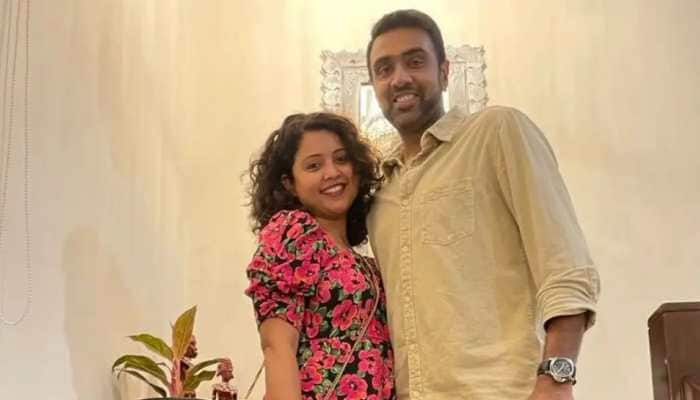Pioneer of judicial activism Justice P N Bhagwati is dead
As a Supreme Court judge, Bhagwati introduced the concepts of public interest litigation (PIL) and absolute liability to the Indian judicial system.
Trending Photos
)
New Delhi: Former Chief Justice of India P N Bhagwati, considered a pioneer of judicial activism in the country for introducing the concept of PILs, died here today after brief illness, family sources said.
The funeral will be held on June 17, they said.
The 17th Chief Justice of India, Bhagwati remained on the highest judicial post between July 1985 and December 1986.
He was a former Chief Justice of the Gujarat High Court and was appointed a judge of the Supreme Court in July 1973.
As a Supreme Court judge, Bhagwati introduced the concepts of public interest litigation (PIL) and absolute liability to the Indian judicial system.
As a champion of PILs, he had ruled there was no need for a person to have any locus standi (the right or capacity to bring an action or to appear in a court) to knock the doors of a court on the issue of fundamental rights.
He was also instrumental in furthering the cause of prisoners when he ruled that they too enjoyed fundamental rights.
One of the important judgements pronounced by him was in the Maneka Gandhi passport impounding case in 1978 in which he elaborated the concept of right to life, and ruled that a person's movement cannot be restricted. He had ruled that a person had full right to hold a passport.
The regional passport officer, New Delhi, had issued a letter dated 2/7/1977 addressed to Maneka Gandhi in which she was asked to surrender her passport under section 10(3)(c ) of the Passport Act in public interest within 7 days from the date of receipt of the letter.
Maneka Gandhi had later filed a writ petition under Article 32 of the constitution in the Supreme Court challenging the order of the government of India claiming it violated her fundamental rights guaranteed under Article 21 of the constitution.
He was the lone dissenting judge in the Minerva Mill case who upheld the 42nd Constitution amendment during Emergency. It was struck down by a majority verdict.
In the Minerva Mills case, the Supreme Court provided key clarifications on the interpretation of the basic structure doctrine. The court had ruled that the power of Parliament to amend the Constitution is limited by the Constitution. Hence Parliament cannot exercise this limited power to grant itself unlimited power.
Stay informed on all the latest news, real-time breaking news updates, and follow all the important headlines in india news and world News on Zee News.
Advertisement
Live Tv
Advertisement







)
)
)
)
)
)
)
)
)
)
